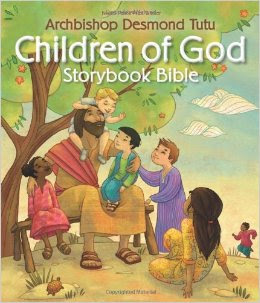The Bible as Epic Poem

I want to share with you how I view the Bible. Next week, I will give an overview of the Bible, focusing on the historical development of the Bible. When I was a younger person, into my 20’s, if I were asked how do you see the Bible, I would have answered I see it as the literal Word of God. I would have quoted I Timothy 3:16 which says All Scripture is inspired by God and profitable for teaching, for reproof, for correction, for training in righteousness. I would have insisted the Bible was inerrant, without error. So that everything the Bible declared was true and truth, and the way things really happened. I would have said the Bible is both a map for our salvation and a newspaper declaring the good news. If I had to classify the Bible in my personal library it would have been placed most certainly in the non-fiction section, the Bible being the most non-fiction texts there are. After I experienced a crisis of faith in my mid-20’s, I came to see things in a different light. I sojou...
